Future-proof your home with the best Wi-Fi 6 routers
The best Wi-Fi 6 routers get us closer to multi-gigabit 5G speeds at home. Wi-Fi 6 (802.11ax) has arrived and promises to push Wi-Fi speeds up to 2.4Gbps per device to provide a better experience and more extensive coverage at home. Not only that, but most of these routers come with great software, including parental controls, to make your life easier. The new Wi-Fi standard is becoming increasingly common in phones and laptops. So now is the right time to invest in one of the best Wi-Fi 6 routers on the market.
What are the best Wi-Fi 6 routers?
The TP-Link Archer AX90 is a great balance for most people, whether you're a gamer looking for a fast and stable connection or just want something that provides consistent coverage. OneMesh is included for easy expansion, and HomeShield keeps your connection secure. The AX6600 connection is perfect for families or streamers with plenty of capacity for dozens of devices.
The second best option is the Linksys MAX-STREAM Mesh Router, which is for people who don't necessarily need a mesh solution right now but may want to expand their network in the future. Mesh router solutions pair multiple "nodes" together to increase signal quality and speeds throughout larger homes.
For a family with gamers, the TP-Link Archer GX90 is a great choice. With tri-band AX6600 speeds, a dedicated 5GHz band keeps gaming fast with plenty of capacity left over for streamers and social media enthusiasts. Furthermore, TP-Link has included a special Game Accelerator QoS setting alongside HomeCare security and advanced parental controls.
TP-Link Archer AX90
Best Wi-Fi 6 router overall
Bottom line: With a tri-band connection, 160MHz support, and 4x4 MU-MIMO, the Archer AX90 will keep up with a large number of connected devices without giving up speed. HomeCare QoS keeps devices connected to the best band, and eight antennas give it plenty of coverage for most homes.
- Top speeds: AX6600, 4804Mbps + 1201Mbps @ 5Ghz Wi-Fi 6, and 574Mbps @2.4GHz
- Top features: Tri-band, 4x gigabit Ethernet ports, 1x 2.5Gbps WAN/LAN Ethernet port, 2x USB ports, OneMesh support, HomeCare software included
Pros:
- Tri-band Wi-Fi 6 connection
- Fast AX6600 speeds
- Coverage expansion with OneMesh
- Free HomeCare includes security, parental controls, and QoS
Cons:
- Very Large
- 160MHz mode uses DFS
The TP-Link Archer AX90 is one of the first waves of fully Wi-Fi 6 tri-band routers, and it nails just about everything. This router features AX6600 speeds with a tri-band Wi-Fi 6 setup. Unlike some other tri-band WI-Fi 6 routers, every band is Wi-Fi 6. The rates break down to 4804Mbps on one 5GHz band thanks to a 160MHz channel, with the other 5GHz band delivering a steady 1201Mbps. The coverage 2.4GHz band comes in with 574Mbps.
On the back are three dedicated gigabit LAN ports with another WAN/LAN gigabit port. There's also a 2.5Gbps WAN/LAN port, so you can connect your router to a high-speed network or join a speedy PC to the router with no compromises. The eight antennas provide plenty of coverage for even a large home, but if you need more, you can expand your wireless coverage with another TP-LInk OneMesh compatible extender.
Many dual-band routers are delivering speeds close to the speed of this router, but those won't hold up as well in tricky conditions such as a densely populated apartment building or a home with a lot of interference. So instead, the AX90 can connect to your device on the fastest possible band, automatically keeping your network running smoothly.
TP-Link has also been making up a lot of ground in the software department with its solid HomeCare package. This includes improved security scanning for connected devices as well as reports to keep you up to date on network activity. HomeCare also comes with advanced parental controls that allow you to block specific content types. Finally, HomeCares's QoS makes sure the devices that need it most get plenty of speed to eliminate buffering even on a crowded connection.
TP-Link - Archer AX90 AX6600 Tri-Band Wi-Fi 6 Router
Best Wi-Fi 6 router overall
The TP-Link Archer AX90 is an excellent tri-band Wi-Fi 6 router with plenty of speed for just about anyone and great HomeCare software to back it up.
Linksys MAX-STREAM Mesh Router (MR7350)
Best Wi-Fi 6 router for easy expansion
Bottom line: Linksys melds performance, size, and value with its new MR7350 mesh router. Great as a standalone and even better when joined together in a mesh setup, this is one of the best inexpensive Wi-Fi 6 routers you can buy.
- Top speeds: 1201Mbps @ 5Ghz, 574Mbps @ 2.4Ghz
- Top features: Dual-band, 1,700 sq ft. coverage, mesh-capable, 4x Ethernet ports, 1x USB ports, low profile
Pros:
- Velop mesh support
- Low profile
- Inexpensive
- Setup is super simple
- Alexa compatibility
Cons:
- Low Wi-Fi 6 speeds compared to the competition
Linksys recently unveiled its budget entry into Wi-Fi 6 with the MR7350, with dual-band speeds up to AX1800. The dual-band connection drives speeds of 574Mbps at 2.4GHz and 1,201Mbps at 5GHz. It also has four Ethernet ports on the back as well as a USB 3.0 port. WPA 3 security is also included.
While it manages to cover up to 1,700 square feet on its own, it also works with any Linksys Velop mesh routers or even another MR7350 to add more coverage. This can be a great way to help your network grow with your needs or if you find any areas with a weak signal. It comes in an understated black housing with two antennas around the back.
Setup is simple thanks to the Linksys App, including remote access. It's also where you can set up the included parental controls, and you'll have access to Linksys' 24/7 support to help you if you run into any issues. Finally, you can control Wi-Fi access with Alexa making it easy to stay in control of who's online.
Linksys - Max-Stream AX1800 Dual-Band Mesh Wi-Fi 6 Router
Best Wi-Fi 6 router for easy expansion
The Linksys MR7350 offers Wi-Fi 6 speeds for a low price, as well as Velop mesh support to expand your coverage if needed later.
TP-Link Archer GX90
Best Wi-Fi 6 router for gaming on a budget
Bottom line: TP-Link has built a tremendous tri-band router with a design and software package designed to put gaming first. With tri-band capacity, this router dedicates a fast 5GHz band to game connections with another band for the rest of the family.
- Top speeds: 4804Mbps + 1201 @ 5Ghz, 574Mbps @ 2.4Ghz
- Top features: Tri-band, vast coverage with eight anetnnas, 2.5G WAN/LAN port, dual USB ports, Gaming QoS feature
Pros:
- Low price for a tri-band gaming router
- Fast 5GHz band dedicated to gaming
- Striking red and black design
- HomeCare and parental controls are included for free
Cons:
- 160MHz mode uses DFS
- Antennas fixed in place
The Archer GX90 from TP-Link is a reasonably simple AX6600 tri-band router at its core with software optimization to make it a great fit for a home that puts gaming first. Not only that but one of the 5GHz bands can be dedicated to gaming while another band serves the rest of the fast 5GHz devices. Wi-Fi speeds top out at 4804Mbps on the 5GHz gaming band, 1201Mbps on the remaining 5GHz band, and 574Mbps on the far-reaching 2.4GHz band.
What makes this router great for gamers is the software. A Game Accelerator QoS setting recognizes when a game is running and makes sure that those packets get through first. This setting can also set aside bandwidth for your console or PC. This setting can be disabled with a button in the TP-Link app when you need your speed back for work or downloads. The 2.5Gbps Ethernet port can also be configured as WAN or LAN, enabling a blazing fast internet connection or LAN device.
The Archer GX90 also passes the parent test with an affordable price for its speed, easy-to-use parental controls, and HomeCare security software included for free. With HomeCare and parental controls, parents can decide when it's time for homework and when it's time for lag-free gaming.
TP-Link Archer GX90
Best Wi-Fi 6 Router for gaming on a budget
The TP-Link Archer GX90 is an affordable Wi-Fi 6 gaming router with an AX6600 tri-band connection and the software to back it up.
Netgear Nighthawk RAX70
Best Wi-Fi 6 router for a large family
Bottom line: The Nighthawk RAX70 comes with plenty of speed at AX6600 with support for a ton of devices thanks to tri-band Wi-Fi and even 160MHz support. With the Nighthawk software backing it up, the RAX70 should offer more than enough performance for most people without breaking a sweat.
- Top speeds: Tri-band AX6600, 4.8Gbps + 1.2Gbps @ 5Ghz, 0.6Gbps @ 2.4Ghz
- Top features: 4x Ethernet ports, 1x USB 3.0 port, Link Aggregation for WAN and LAN, QoS by Application
Pros:
- Fast tri-band Wi-Fi 6 with 160MHz support
- Modern design with a reasonable size
- Lots of connectivity options
- Great Nighthawk software
- Netgear Smart Parental Controls
Cons:
- Slower than some others at this price
- No 2.5G Ethernet
- Expensive
Netgear was an early leader in Wi-Fi 6 thanks to its well-balanced specs and nice, modern designs. The Nighthawk keeps up this trend with great speeds and the proper selection of options for most homes. While faster options are available in the Nighthawk line, the RAX70 has a great rate at AX6600 with tri-band capabilities and a 160MHz wide 5GHz channel allowing for incredible speeds on supported devices. This is an excellent setup for most people.
Netgear packs its antennas into two wings on either side of the main router body. While this won't be ideal for a vertically mounted network setup, it should still provide enough coverage for most large homes. Four Ethernet ports are available for devices around the back, with two capable of link aggregation. One of these LAN ports can also combine with the WAN port for link aggregation if you need more speed. It would have been nice to see a 2.5G port, but this won't be an issue for years for most people.
Netgear keeps its software offering reasonably straightforward. The Nighthawk app allows for most adjustments people need with the more precise control available in a browser or PC. A Netgear Armor subscription is available if you wish to add additional security software to your router's software. Netgear has also included support for its Smart Parental Controls, which offers a robust and polished experience with scheduling and filtering. These controls even work when your child's device is on another connection, including LTE.
Netgear continues its spaceship-like design with the RAX70's extended wings bringing the router's total width to 13.66 inches with a height of 6.57 inches. Even so, with three antennas in each wing, it should provide great coverage in even large homes on its own. This is a very nicely balanced router that should suit most people.
Netgear Nighthawk RAX70
Best Wi-Fi 6 router for a large family
The Nighthawk RAX70 continues Netgear's Wi-Fi 6 leadership with a fast tri-band solution with plenty of features for most people.
TP-Link Archer AX1500 (AX10)
Best Wi-Fi 6 router under $100
Bottom line: If you want Wi-Fi 6 support for your devices but don't want to spend too much — and don't need the additional speed Wi-Fi 6 offers — the TP-Link Archer AX1500 is your best bet.
- Top speeds: 1200Mbps @ 5Ghz, 300Mbps @ 2.4Ghz
- Top features: Dual-band, Low power usage, 4x Ethernet ports, low profile
Pros:
- Incredible price for Wi-Fi 6
- Slim design
- Alexa compatibility
- Basic parental controls included
Cons:
- Lacks WPA 3 security
- Slow 2.4Ghz speeds
- Not for those with larger homes
TP-Link offers the biggest bang for your buck with its entry-level Wi-Fi 6 routers. The Archer AX1500 can deliver speeds up to 1201Mbps at 5GHz and 300Mbps at 2.4GHz. While the speeds aren't leaps and bounds over comparable Wi-Fi 5 routers, you do get the benefits of Wi-FI 6, including better coverage and support for more connected devices, thanks to MU-MIMO and OFDMA.
With four Ethernet ports, you don't give up any usability either, but you do leave behind WPA 3 support for security. Still, with coverage for a small to medium home, Archer AX1500 is the cheapest way to get into Wi-Fi 6, and in the real world, the speeds should be adequate for most people.
The Archer AX1500 can be configured with the TP-Link Tether app. Once set up, you can control your network with Amazon Alexa, allowing you to quickly and easily control your network with your voice. Basic parental controls are included allowing you to restrict time spent online for devices and blocking content.
TP-Link Archer AX1500 (AX10)
Best Wi-Fi 6 router under $100
Get into Wi-Fi 6 networking for as little as possible with the Archer AX1500. You still get four Ethernet ports and a USB as well.
Netgear Nighthawk RAX120
Best high-capacity Wi-Fi 6 router
Bottom line: Some people ask more from their networks than others, and the Nighthawk RAX120 is designed to cope with the extra load thanks to its 12-stream AX6000 Wi-Fi setup. With four streams at 2.4GHz and eight more streams at 5GHz, this router will be able to cope with many full-speed devices.
- Top speeds: 4800Mbps @ 5Ghz, 1200Mbps @ 2.4Ghz
- Top features: Dual-band, 12-stream, 4x gigabit Ethernet ports, 1x 5Gbps Ethernet, 2x USB 3.0 ports
Pros:
- Very fast AX6000 speeds
- 160MHz support with 12 streams
- 5Gbps Ethernet port
Cons:
- Too expensive for most people
The Netgear Nighthawk RAX120 doesn't look like too much with AX6000 dual-band Wi-Fi and a fairly standard Netgear design. That breaks down to 1200Mbps at 2.4GHz and 4800Mbps at 5GHz. This router doesn't look too special by these numbers alone, but it does more work under the hood with 12 streams feeding connected devices.
With most AX6000 routers sticking to just eight streams, the RAX120 will be able to keep its speed up even with many more devices connected. This extra capacity is by no means a requirement for most people, but for those that have moved to a largely wireless smart home, knowing your router will be able to cope with the load may be worth it.
The Nighthawk RAX120 is also very capable when it comes to wired connections. A 5Gbps Ethernet port can be used for WAN or LAN so you can make the most of a high-speed NAS or, if you're lucky, a high-speed fiber internet connection. Link aggregation is also supported, so even older and cheaper NAS solutions will connect at greater than 1Gbps.
The Nighthawk RAX120 is set up via the Nighthawk app, and it's a quick and easy process. Be sure to allow your software to update to the newest version as soon as possible. You can also manage this router in a web browser with advanced settings. Netgear includes its Armor software package in the app, which can add some network security if you're willing to pay for a yearly subscription.
Netgear Nighthawk RAX120
Best high-capacity Wi-Fi 6 router
The Nighthawk RAX120 is a great router for people with a ton of devices, thanks to its 12-stream Wi-Fi 6 connection.
TP-Link Deco X20
Best value mesh Wi-Fi 6 system
Bottom line: TP-Link makes some of the best-value mesh systems with the Deco series. For example, the Deco X20 delivers AX1800 Wi-Fi 6 speeds to around 4,000 sq ft with two nodes and easy mesh expansion.
- Top speeds: 1201Mbps @ 5Ghz, 574Mbps @ 2.4Ghz
- Top features: 2x Ethernet ports per node, compact size, TP-Link HomeCare software
Pros:
- Small nodes are easy to conceal
- AX1800 provides enough speed for most usage
- TP-Link Deco app is fast and easy
- Compact housing
Cons:
- Dual-band Wi-Fi isn't the best option for mesh
The Deco X20 from TP-Link is available as a two-pack or three-pack with coverage for up to 4,000 and 5,800 square feet, respectively. For most people, two nodes are more than enough. The Deco X20 has dual-band AX1800 Wi-Fi 6 hardware. These speeds break down to 574Mbps when connected at 2.4GHz and 1201Mbps at 5GHz. Remember that you'll never be able to use these full speeds as the X20 nodes will need to share the 5GHz band between devices and the mesh link. Still, speeds greater than 500Mbps should be possible in ideal conditions.
The Deco X20 nodes have two Ethernet ports on the back. On the primary router, one of these must be used to connect the Deco to your modem. The other can be used for LAN devices and connect the two Decos via Ethernet for even greater mesh speeds. If you need more speed, TP-Link also makes a Deco X60 with AX3000 speeds. You can even use the Deco X20 nodes to expand another faster TP-Link Deco mesh.
One of the nicest things to come with the Deco series is TP-Link HomeCare. This software package comes with both antivirus protection and advanced parental controls. You can set up profiles for each member of the family with content filters as well as scheduling. For security, incoming connections are scanned for known bad content and blocked if necessary.
TP-Link Deco X20 2-pack
Best value mesh Wi-Fi 6 system
The TP-Link Deco X20 is a cheap mesh system and fast with Wi-FI 6 support and compatibility with all Deco systems.
TP-Link Archer AX73
A solid Wi-Fi 6 option for homes with lots of devices
Bottom line: The Archer AX73 from TP-Link is not only very affordable but fast enough for the whole family. It also comes with HomeShied added security and parental controls.
- Top speeds: 4804Mbps @ 5Ghz, 574Mbps @ 2.4Ghz
- Top features: Dual-band, 4x Ethernet ports, 1x USB 3.0 port, OneMesh expandable
Pros:
- Very fast 5Ghz speeds
- Wide 160MHz channel support
- HomeShield included
- OneMesh expansion capable
Cons:
- Low 2.4Ghz speeds
The TP-Link Archer AX73 is a fast router with dual-band AX5400 speeds. This breaks down to 4804Mbps at 5GHz and 574Mbps at 2.4GHz. Compared to an AX6000 router, it reduces resource allocation to the aging 2.4GHz bands and focuses on 5GHz delivering top speeds where devices need it most. This helps the Archer AX73 achieve a price that works for most people without giving up much speed for most connected devices. Still, with reduced 2.4GHz capacity, this won't be the best fit for a home with lots of 2.4GHz smart home devices like security cameras.
Around the back, there are four gigabit LAN Ethernet ports and on the side is a single USB 3.0 port. This router has a nice design with plenty of ventilation on the top, allowing for completely passive cooling. Removing a fan from the equation is just one less potential point of failure. Link Aggregation is supported between two Ethernet ports as well.
This router comes with TP-Link's HomeShield software. Not to be confused with HomeCare, HomeShield offers many of the same features simplified to fit a subscription model. While the subscription is less than the one provided by Netgear, you might not even need it. Basic content filtering is available for free in parental controls as well as security information. HomeShield is $5.99 per month or $54.99 per year.
TP-Link Archer AX73
A solid Wi-Fi 6 option for homes with lots of devices
The Archer AX73 from TP-Link is a fast router with AX5400 speeds, and HomeShield makes it an excellent value for families.
Eero 6
Best Wi-Fi 6 router for easy setup
Bottom line: The Eero 6 is a compact router for small homes or apartments that can quickly expand into a mesh system.
- Top speeds: 1201Mbps @ 5Ghz, 574Mbps @ 2.4Ghz
- Top features: Dual-band, 2,000 sq ft. coverage, 2x Ethernet ports, easy setup, Zigbee smart home hub
Pros:
- Easily expands as a mesh with any other Eero
- Fast enough for gigabit connections
- Robust setup and management with the Eero app
- Excellent value
Cons:
- Only 2 Ethernet ports
- Limited options compared to other routers
Eero 6 isn't breaking any speed records at AX1800, but its dual-band Wi-Fi 6 connection should have no issue keeping up with a gigabit connection on its own or over 500Mbps when deployed in a mesh. The speeds break down to 1201Mbps on the 5GHz band with Wi-Fi 6 and 867Mbps with Wi-Fi 5 devices. 574Mbps is available at 2.4GHz for a more extended range. This router also has a Zigbee smart home hub built-in, so you can simplify your home network setup if you need it.
Compared to most other Wi-Fi 6 routers, Eero 6 is tiny. At 3.91 inches wide, 3.82 inches deep, and 2.42 inches tall, this router will fit in with just about any home and should be easy to conceal out of the way. With only one free Ethernet port on the back, you may also need to factor in a switch if you have many wired devices. Of course, this won't be an issue if you've switched to all wireless devices.
While Eero 6 works fine on its own, it's really designed to be part of a mesh setup. All Eeros are compatible with all other Eeros, so if you want to expand your mesh with an older model or think you might want to add more capacity in the future, you can. Keep in mind that if you add more Eeros, you should put the fastest router at the network's core. Currently, only the Eero Pro 6 is faster. So if you want to expand your Eero 6's coverage footprint in the future, the Eero 6 Extender is your best bet.
The thing that helps Eero stand out the most is the Eero app. While nearly every router can be set up with an app, the Eero app feels the most polished and streamlined of all, with a solid array of options. The app has all the settings a standard user needs, including port forwarding and WPA 3 support. Unfortunately, there is no web interface, so that's about as deep as it gets. Eero also has a subscription service called Eero Secure that grants you extra security features and network information if you want it.
Amazon eero 6 dual-band mesh Wi-Fi 6 router
Best Wi-Fi 6 router for easy setup
Eero 6 is an entry-level Wi-Fi 6 router that works with the entire Eero ecosystem. Coverage for a small home and enough speed for most connections make it a great value.
ASUS ROG Rapture AX11000
Best Wi-Fi 6 router for gaming
Bottom line: Large and imposing, ASUS's ROG Rapture AX11000 is ultra-fast, insanely spec'd, and just plain over-the-top in every way. But it's also the fastest router we've ever tested.
- Top speeds: 4800Mbps @ 5Ghz, 1148Mbps @ 2.4Ghz
- Top features: Tri-band, 4x Ethernet ports, 1x USB port, gaming optimizations, RGB lighting
Pros:
- One of the fastest routers you can get
- Built-in gaming features
- Free VPN built-in
Cons:
- Massive and very divisive design
The ROG Rapture GT-AX11000 from Asus is designed to look like a hardcore router for hardcore gamers. In the spec department, it doesn't disappoint. This router boasts AX11000 speeds from its 12 stream tri-band setup delivering 4804Mbps on the 5GHz channels and 1148Mbps at 2.4GHz. A 2.5Gbps Ethernet port connects this router to your network or fiber internet connection without compromise.
Coverage should be no trouble even in a substantial home, thanks to eight massive antennas. However, if you find you need even more coverage, you can expand your network with AiMesh. This allows you to use any other Asus router with AiMesh software as a remote node to add more coverage to your home under a single Wi-Fi name.
Four Ethernet ports around the back allow you to connect your gaming PC or console and keep the pings low. Asus' software makes it easy to add game-specific settings such as port forwarding efficiently and accessible quality of service options. AiProtection is also included allowing for antivirus protection from Trend Micro.
One interesting function called VPN Fusion allows you to connect with a VPN most of the time but allows game traffic to pass by to keep ping times down. You also get adaptive QoS and wtfast software. Gamers care more about ping times and packet loss than looks for the most part, but that didn't stop Asus from giving this router full RGB controls and an aggressive angular appearance. It will look right at home next to your gaming hardware.
ASUS ROG Rapture AX11000
Best Wi-Fi 6 router for gaming
The ROG Rapture AX11000 manages to be the ultimate gaming router with fast speeds, aggressive looks, and great software.
NETGEAR Orbi Whole Home Mesh (RBK752)
Best Wi-Fi 6 mesh router
Bottom line: The Netgear Orbi RBK752 is another massive, imposing Wi-Fi 6 router that delivers top speeds across huge homes.
- Top speeds: 1200Mbps @ 5Ghz, 600Mbps @ 2.4Ghz
- Top features: Tri-band, 5,000 sq ft. coverage, 3x + 2x Ethernet ports, dedicated 5Ghz backhaul, easy setup
Pros:
- Reliable mesh speeds
- Satellite included in the box
- Support for Netgear ecosystem
- Excellent value
Cons:
- Boring design
Netgear's Orbi line was a great introduction to mesh for many people, but Netgear has managed to keep growing with its Wi-Fi 6 Orbi systems. The RBK752 comes with one router and one satellite, both with tri-band AX4200 speeds. Orbi does things a little differently than some with a dedicated 2400Mbps 5GHz Wi-Fi band to link the routers together. For devices, what remains is a more modest 2.4GHz and 5GHz duo at 600Mbps and 1200Mbps, respectively.
This Mesh System will cover up to 5,000 square feet in the home and provide access to up to 60 devices at once without slowing down. The primary router comes with three Ethernet ports available to devices, and the satellite has two. With this system's strong and dedicated backhaul, adding a satellite to a home office or entertainment system can be a great way to get wired devices online at incredible speeds.
Netgear kept the design simple, with a two-tone gray and matte white housing sitting 7.2 inches wide and 9.1 inches tall. While it is a bit large, it's only 2.8 inches deep, making it easy to tuck on the back of a desk or shelf.
Netgear's Orbi app allows for easy setup and access to software updates. You can quickly and easily add additional satellites as needed. You can also use the software to view your traffic usage and control internet access to all connected devices. An optional Netgear Armor subscription can add antivirus protection powered by BitDefender and additional device controls.
NETGEAR Orbi Whole Home Mesh (RBK752)
Best Wi-Fi 6 mesh router
The Orbi RBK752 has plenty of speed with a fast dedicated backhaul. Plenty of Ethernet ports are open to wired devices.
Bottom line
While many people are looking to Wi-Fi 6 to make sure they have as much speed as possible, prices have finally come down even to the point that mesh systems are possible. While many of the best wireless routers have Wi-Fi 6, some still get quite a lot done with the older Wi-Fi 5 tech. Mesh with Wi-Fi 6 makes a lot of sense for people looking for stability and coverage thanks to its improved handling of multiple connections. Wi-Fi 6 is coming to more devices, and there are upgrades already available to desktops and laptops.
Lately, Wi-Fi 6 has made its way into a wide range of routers, from hyper-fast multi-gig gaming monsters into the sort of thing most people would buy. Thanks to this, it's possible for someone to get an excellent Wi-Fi 6 enabled router at most price points. However, if you're looking to future-proof your network, you need to ensure your router has all the most essential features. The TP-Link Archer AX90 has everything most people need. Its tri-band connection delivers more than enough speed to keep up with a gigabit connection. TP-Link's software extras offer enough parental controls and security extras for most people.
Should you buy a mesh Wi-Fi 6 solution?
The best mesh Wi-Fi routers are a great way to increase coverage, but it offers a bit more than just square footage. Carefully placed mesh nodes can build a strong network even in challenging conditions such as a home with concrete walls or around an HVAC system that causes interference. For example, a mesh with Wi-Fi 6 can have a stronger connection to each node with less chance for interference.
Still, many people don't need a mesh system at all, depending on the size of their homes. If you find that a single router just doesn't cut it, a great Wi-Fi 6 mesh system will be more capable than one based on Wi-Fi 5. Still, starting with a mesh-capable router gives you the option to expand down the road.
Is it worth paying a premium for Wi-Fi 6 right now?
Wi-Fi 5 routers have gotten pretty fast, and for most people today and the next couple of years, there won't be a huge improvement in the user experience getting a Wi-fi 6 router. The main reason to go to Wi-Fi 6 with your new router is to ensure it will work as well as possible with new devices over the next few years.
If you have a fast Wi-Fi 5 router that isn't slowing you down, there isn't much reason to ditch it just yet. However, if you need a new router today, a Wi-Fi 6 compatible device will keep speeds high and interference low much further into the future.
Should you care about Wi-Fi 6E?
Wi-Fi 6E uses a 6GHz band in addition to the traditional 2.4GHz and 5GHz. This new band has many more available channels, including seven possible simultaneous 160MHz wide channels. This allows this router to use 160MHz to a much more significant effect with much less interference than is possible with the single wide channel available at 5GHz.
While this is all very impressive, only a handful of devices currently support WI-Fi 6E, meaning for most people, there's not much reason to upgrade just yet, especially if you have a new Wi-Fi 6 router. However, some of the most reliable Wi-Fi 6E routers are already available if you want to be ready for the future, and they all support standard Wi-Fi 6 and Wi-FI 5 devices.
Credits — The team that worked on this guide
![]()
Samuel Contreras When Samuel is not writing about networking and carriers, he spends most of his time researching computer components and obsessing over what CPU goes into the ultimate Windows 98 computer. It's the Pentium 3.
![]()
Andrew Myrick is a freelance writer at Android Central. He enjoys everything to do with technology, including tablets, smartphones, and everything in between. Perhaps his favorite past-time is collecting different headphones, even if they all end up in the same drawer.
from Android Central - Android Forums, News, Reviews, Help and Android Wallpapers https://ift.tt/2EXmbmf
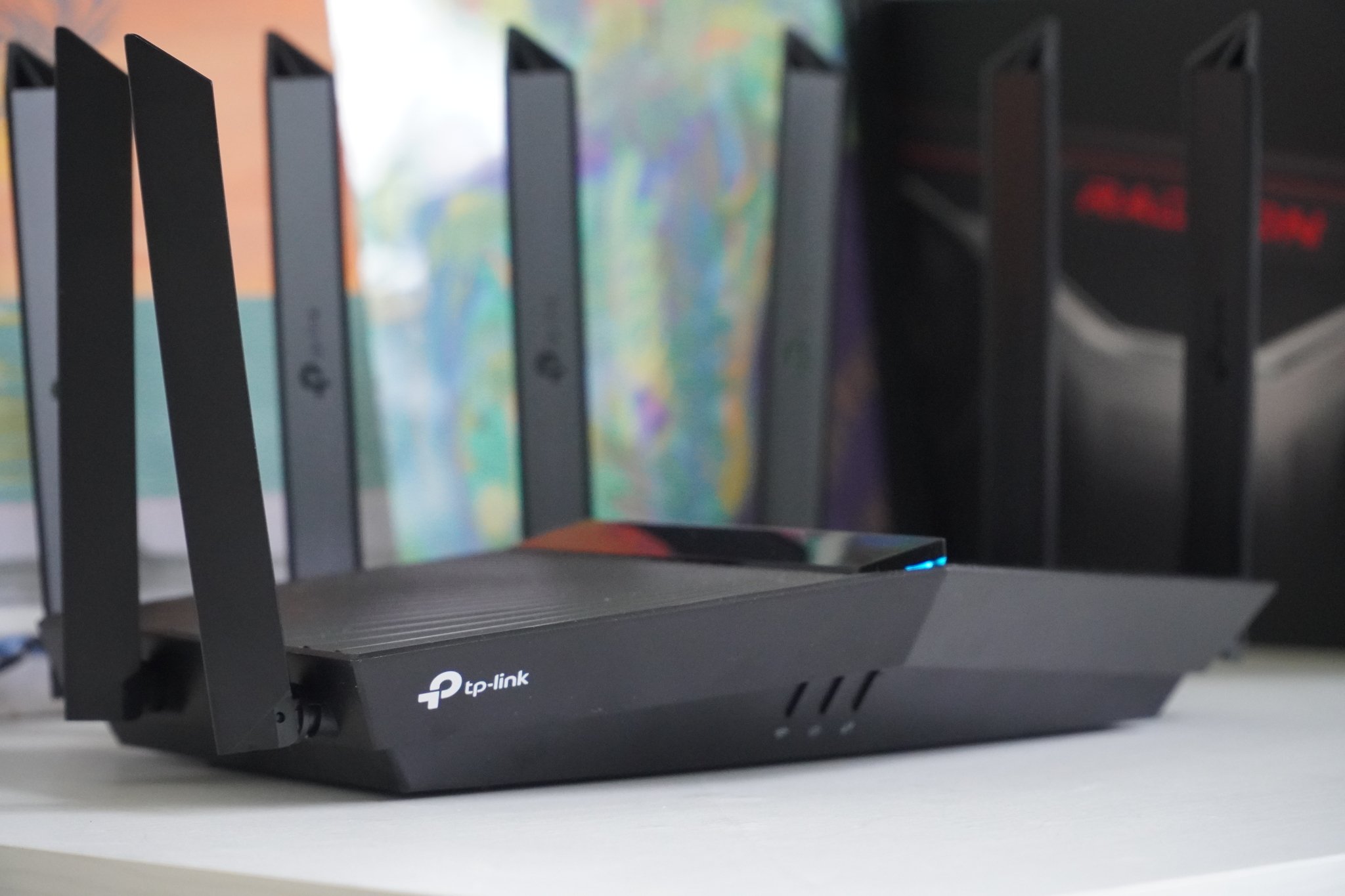
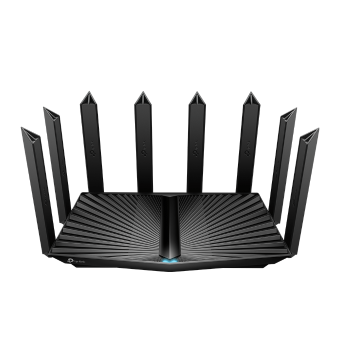
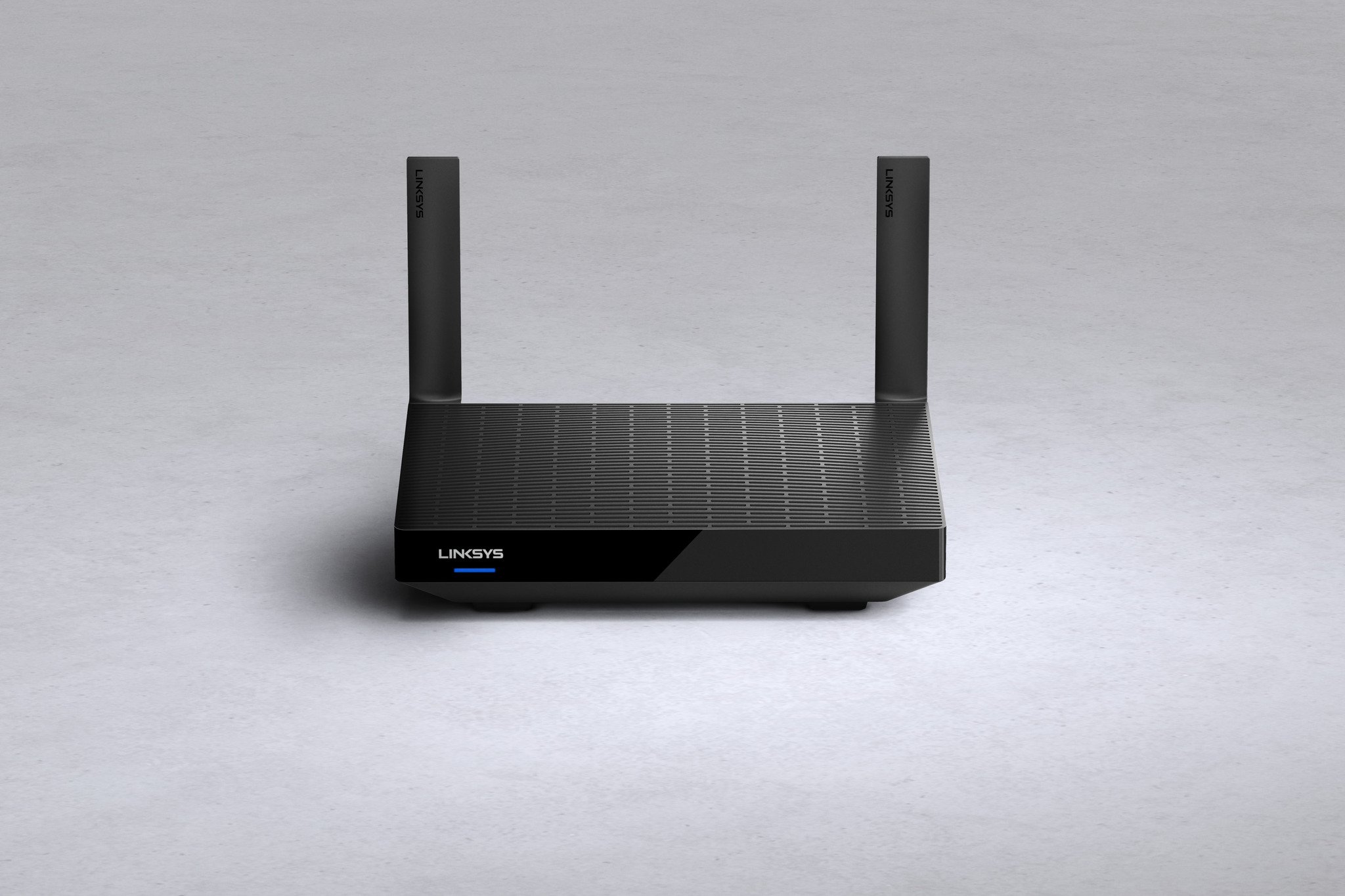
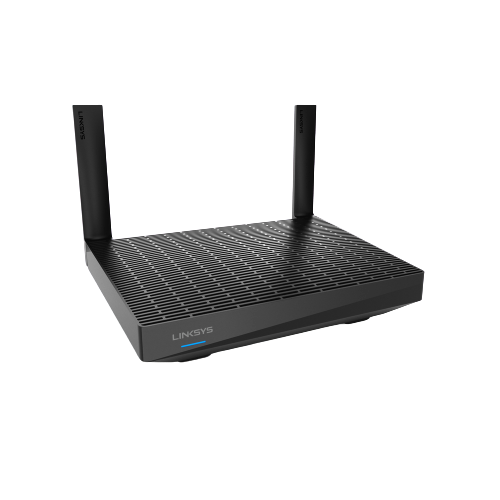
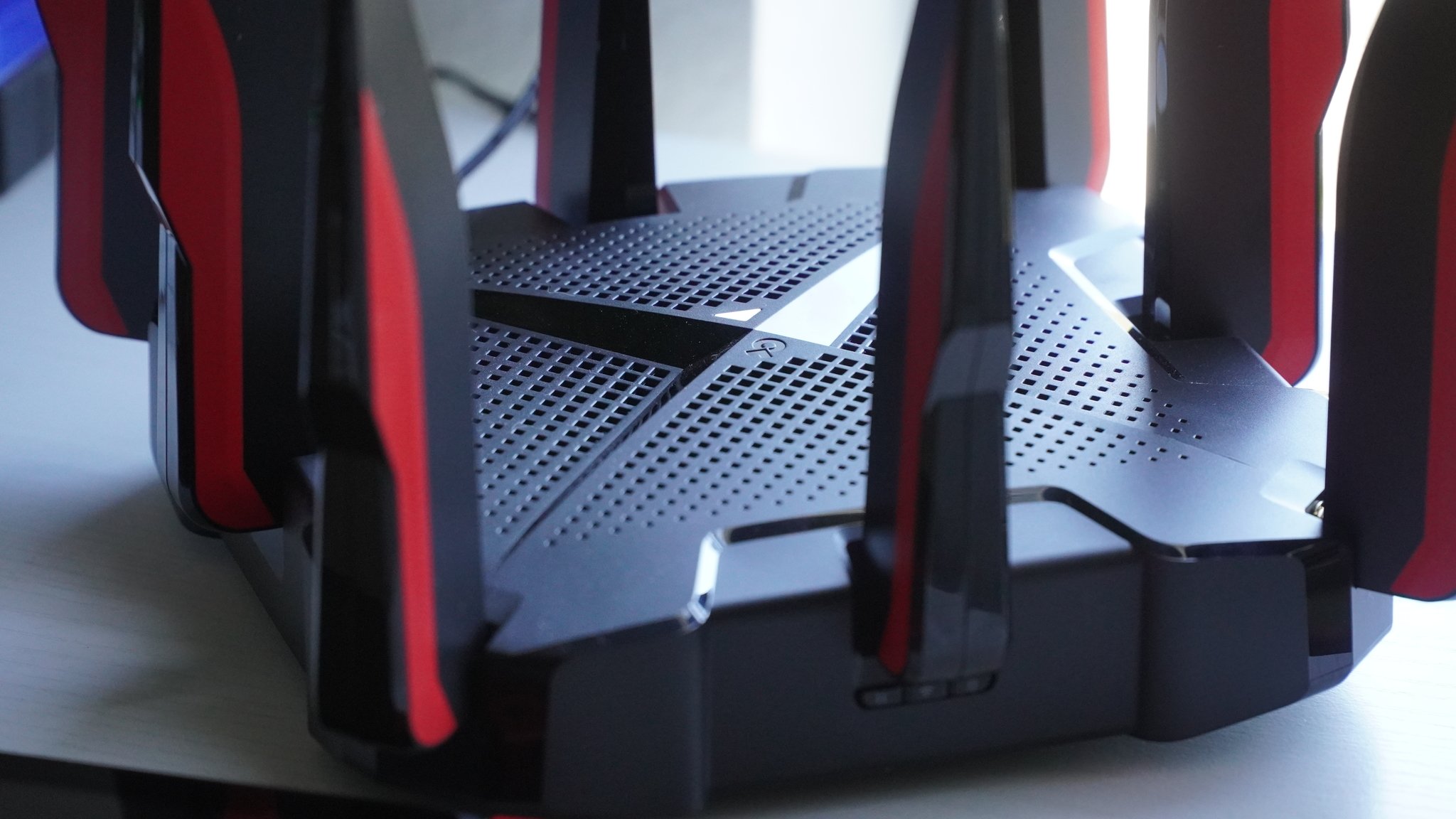
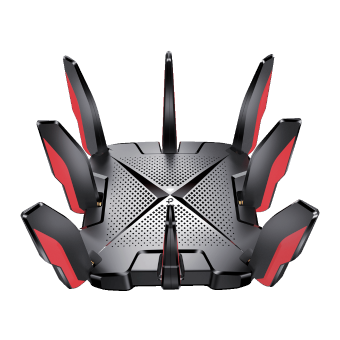
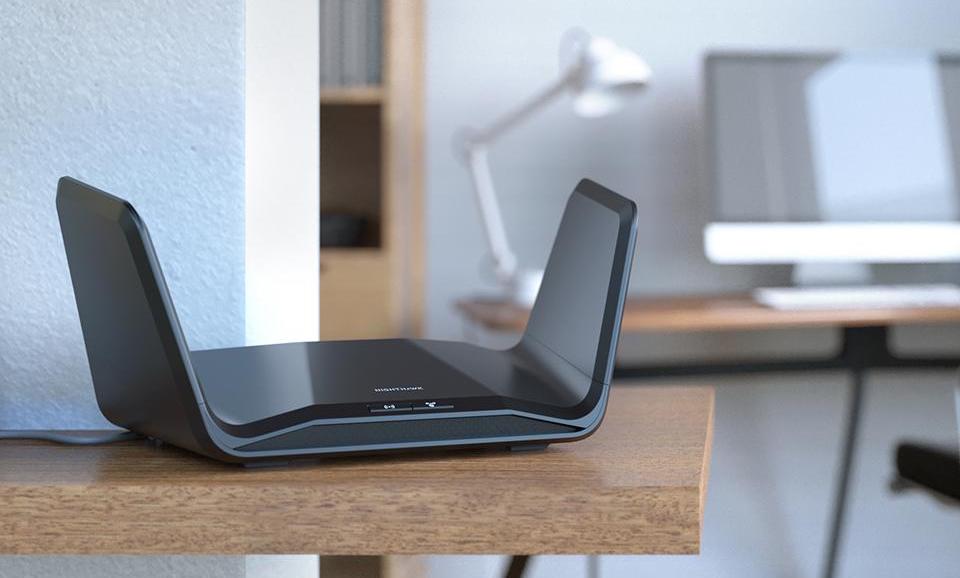
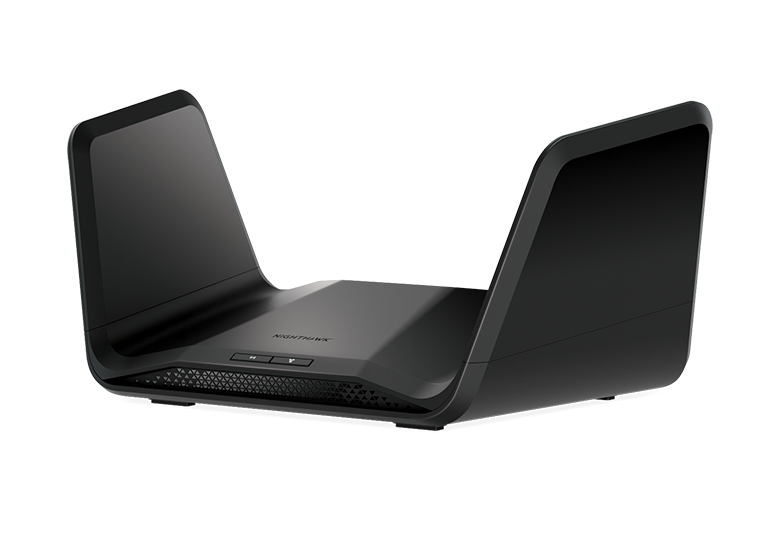
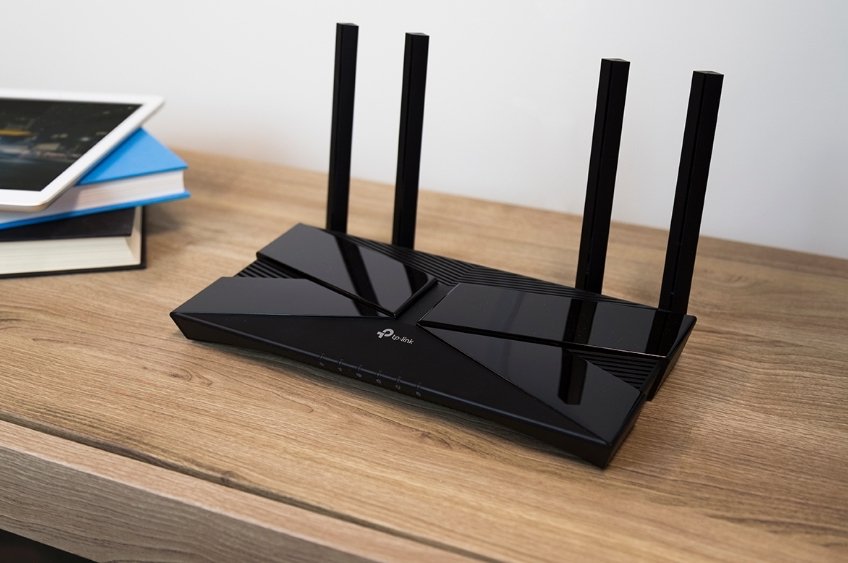
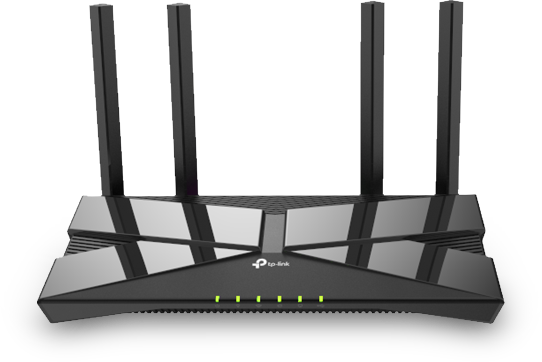
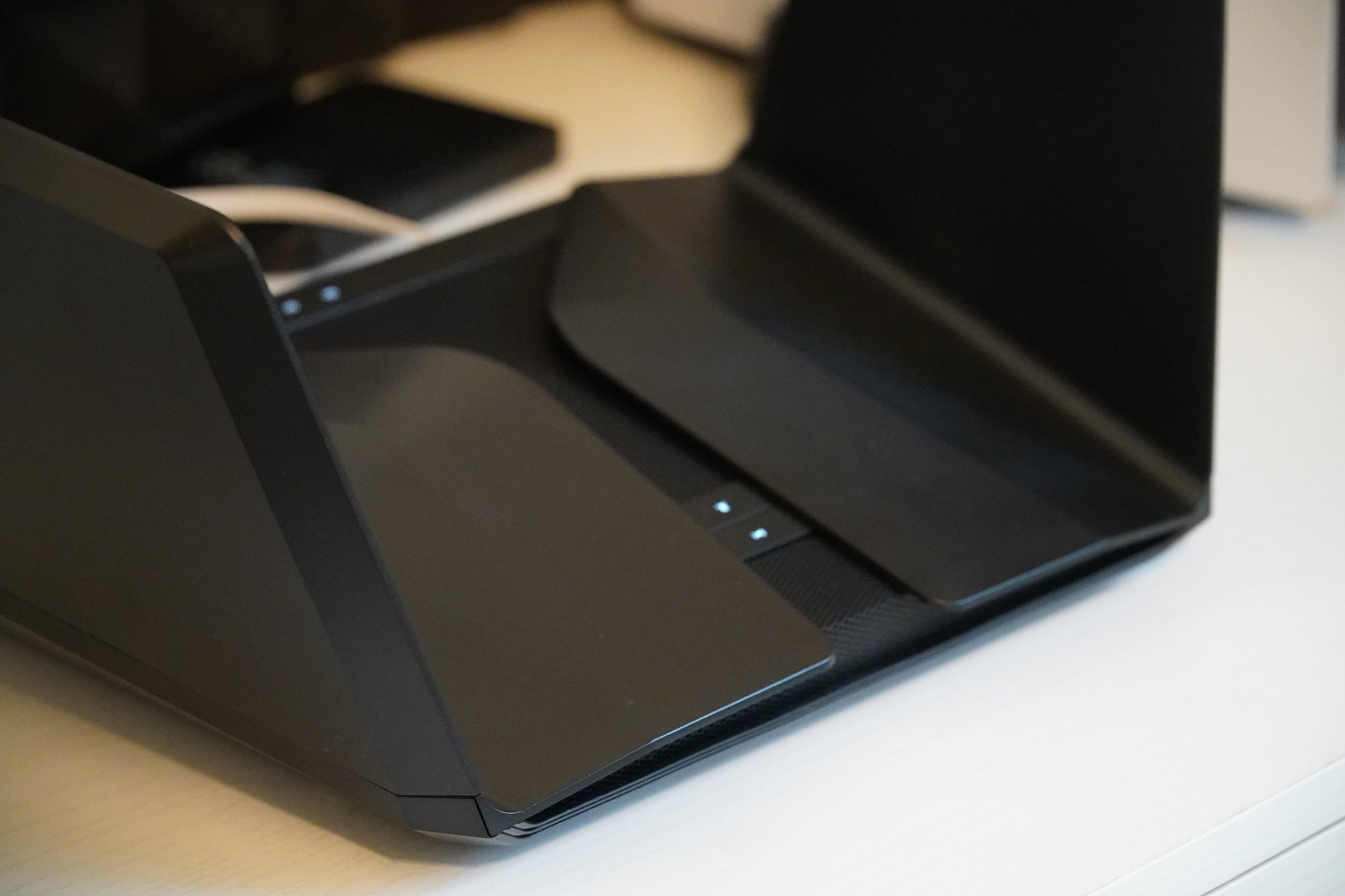

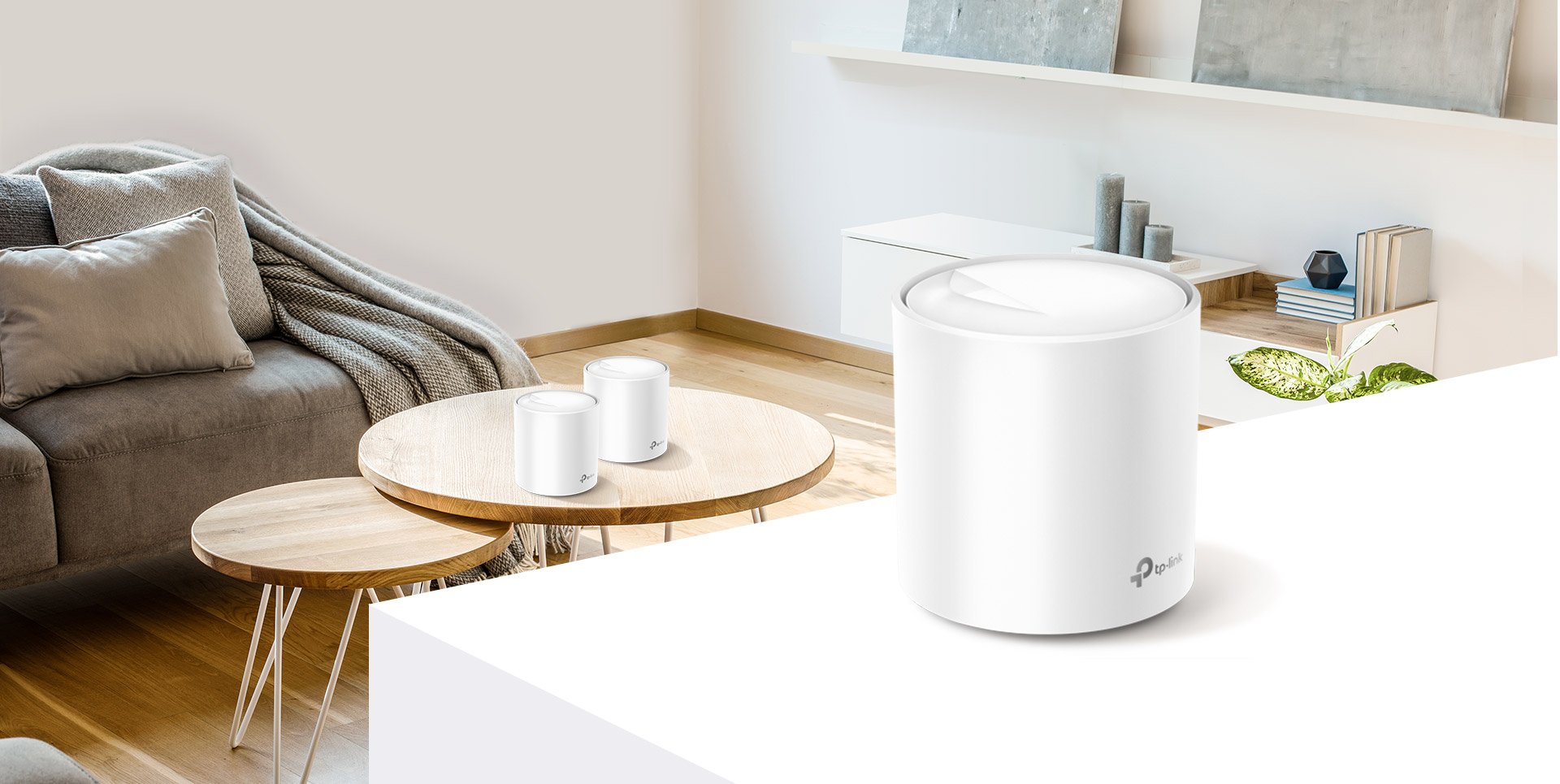
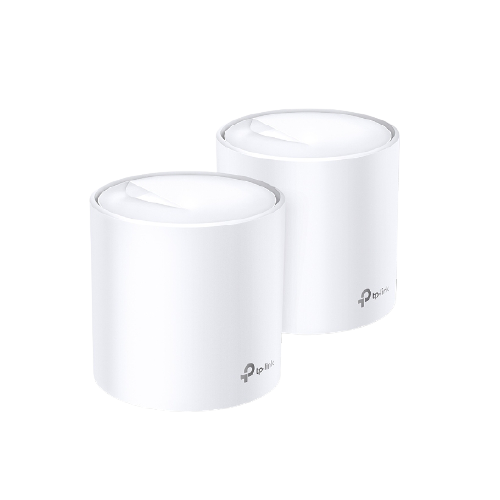

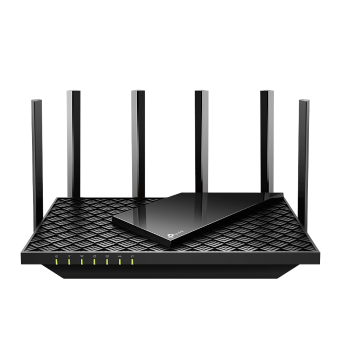



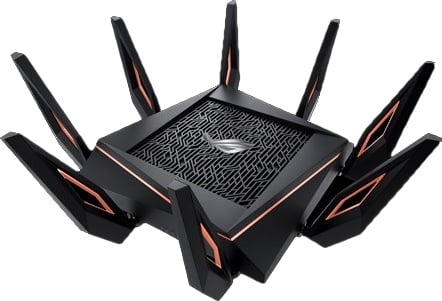
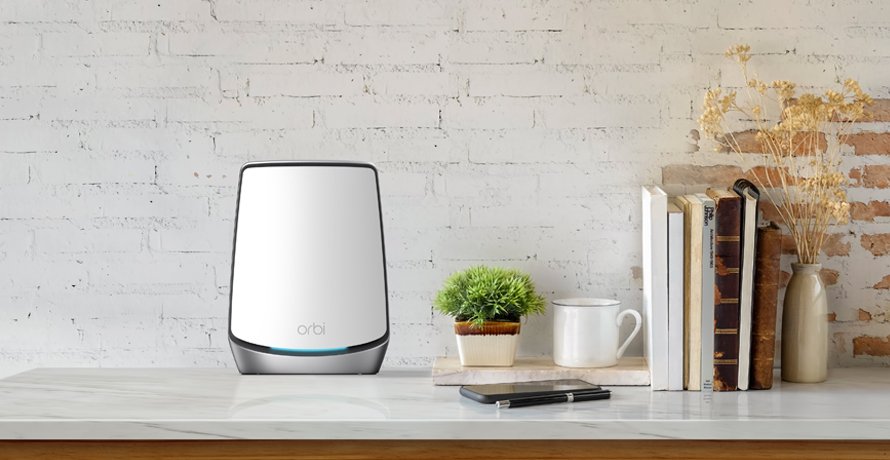
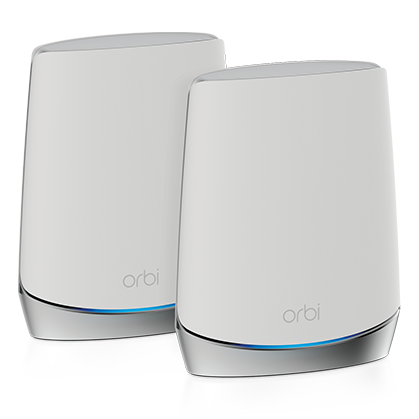

Post a Comment